The story of French musician and poet Georges Brassens
Содержание
Vladimir Semyonovich Vysotsky He was known not only in the USSR: he was known even in America, though he was listened to with reluctance. First of all, he was adored in his homeland, and those of his songs that pleased the authorities seemed to be played endlessly on Soviet radio. But in other countries our bard did not become so famous. This is easy to explain - Semyonovich sang in Russianand songs in our language were not particularly sought after by Western listeners, who had plenty of talent of their own.
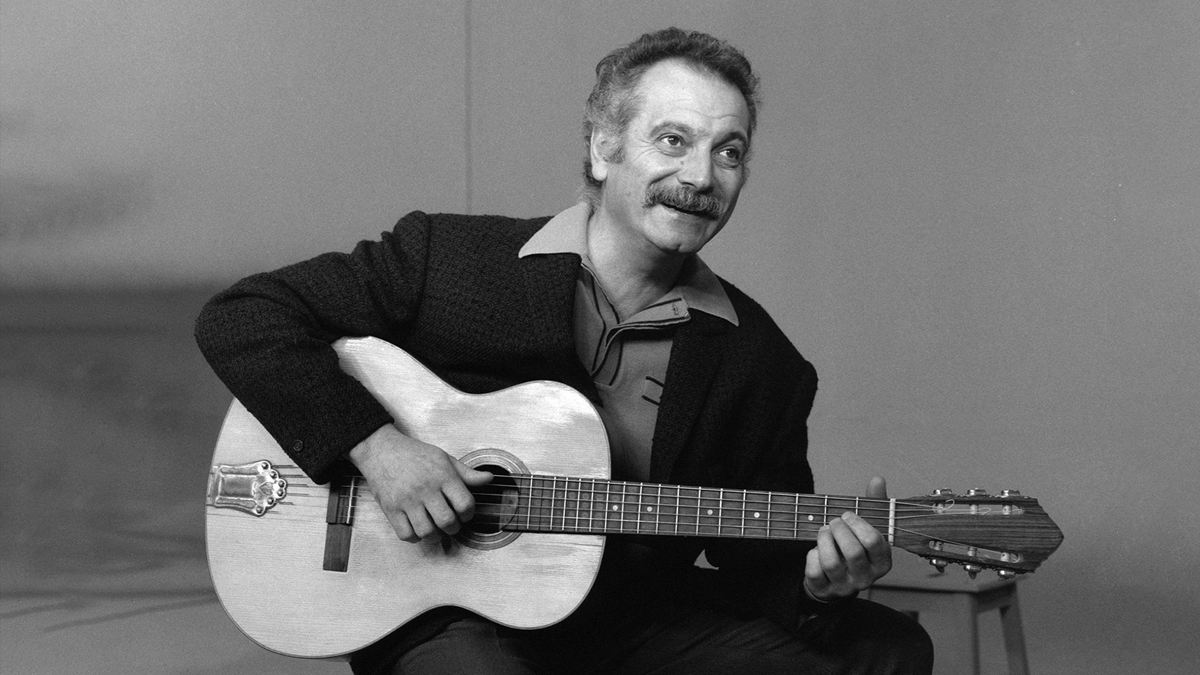
And every country had its own private bard - a legendary musician who sings songs in the national language about the problems of his country, his people, and his feelings about it all. It is always in demand, but only for the people in whose language it is sung. Everybody's problems are different.
In France such a bard was a talented poet and composer - Georges Brassenswho wrote lyrics and music for over 200 songs in his lifetime. Each of his lyrics carried a huge and deep meaning, but were also memorable and melodic. His songs are characterised by a "lively" conversational tone combined with a rich vocabulary, witty metaphors, allusions, hidden quotations and stylisation. Brassens was a true master of words ... and no less a master of acting on guitarto which he accompanied himself.
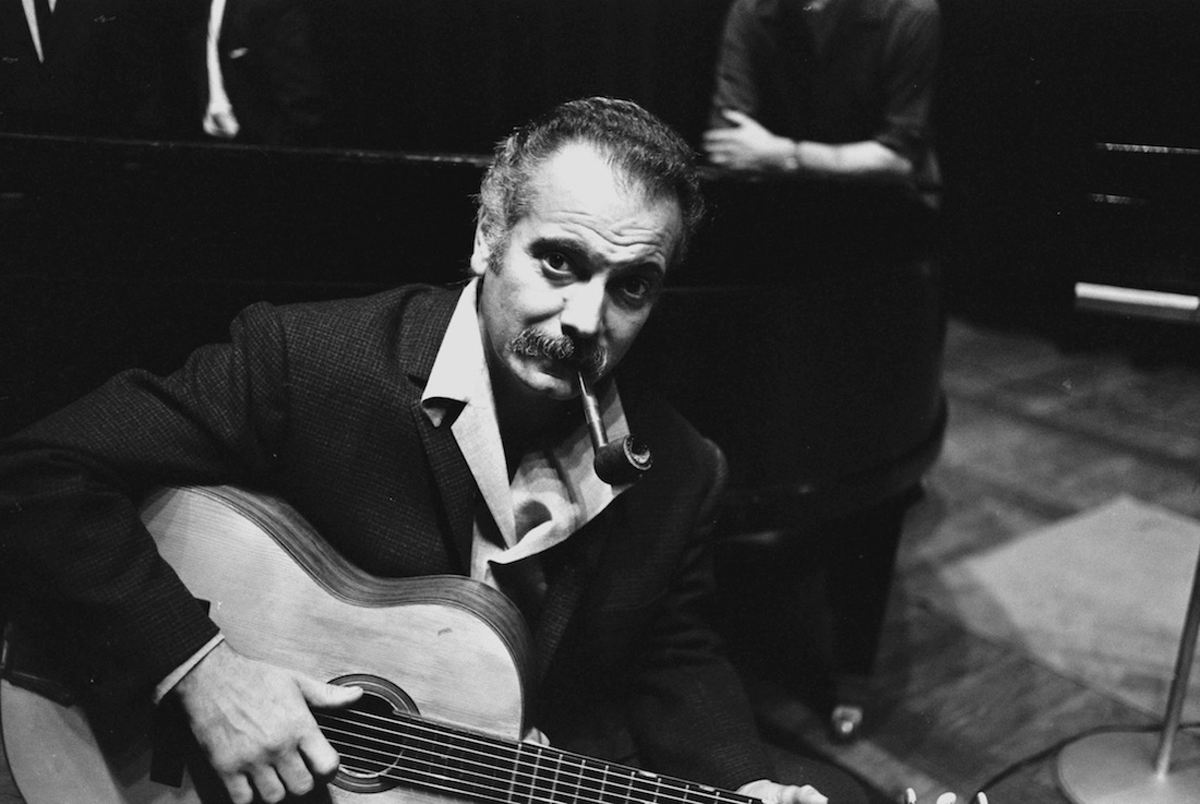
Brassens has been with us for a long time: he's not gone yet in 1981But in his French homeland he is still very much loved and his songs remain as relevant as ever.
The early years of French bard Georges Brassens
Georges Brassens was born by the sea- in France, in a place called Seth. The boy grew up in a rather poor family - there were few entertainments, so he could wander around his hometown all day long, at the same time practising composing poems about all the beautiful things he could see. Because of his Italian roots he could do it particularly gracefully, even without much training.
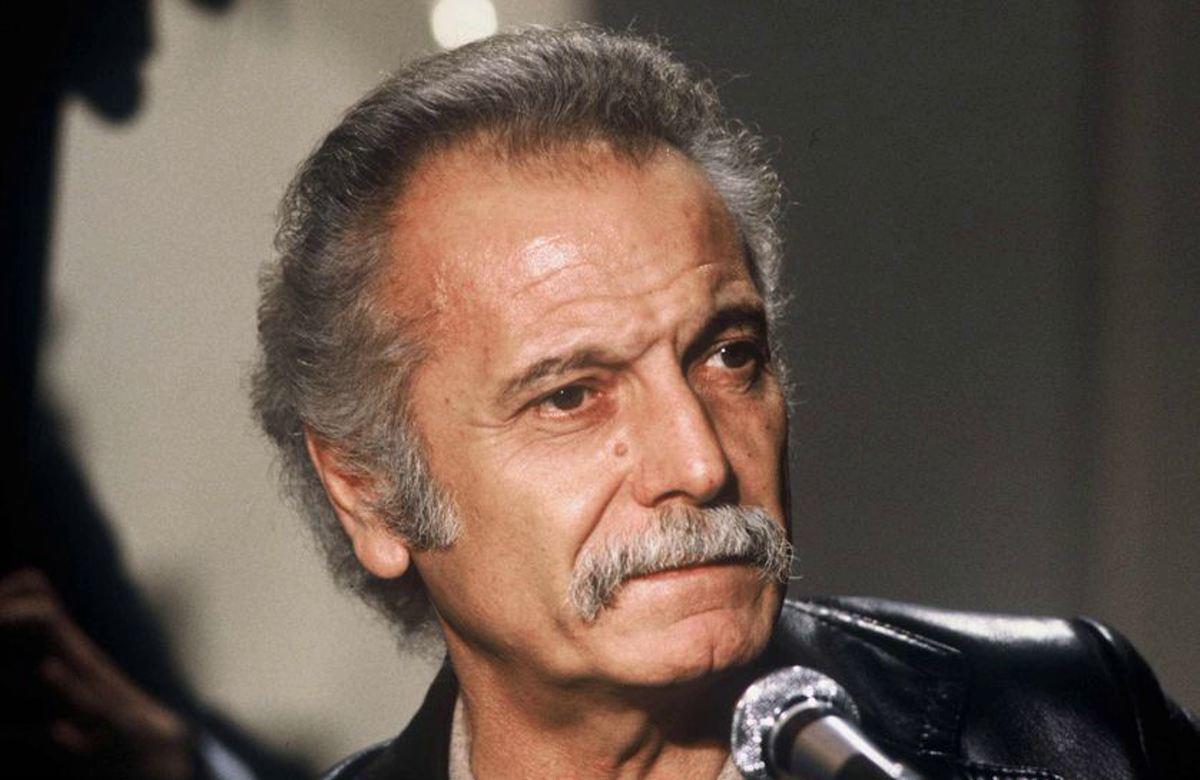
And when he was at home, he enjoyed the music popular at the time - his family had a gramophone. As a young man, Georges was so fascinated by the way virtuosos of the time put words to songs that he decided that he himself would . sing. He wrote lyrics, played guitar and sang.
В 1940.and when he was 19, he moved to Paris. Times were hard, war was brewing. And when the war was in full swing and the Germans occupied France, Brassens was taken away. in Germany and forced to work in a labour camp. Life was hard, but the poet was lucky enough to escape and was sheltered for a while by a girl called Jeanne Le Bonnis. He later dedicated several songs to her.
What did Georges Brassens do after the war?
The poet returned from the war bringing with him a huge pile of texts. He did not stop composing even in such a difficult time. But now he was faced with a different task - he had to find talented vocalistwho would be willing to perform his songs. He himself was shy to perform at first.
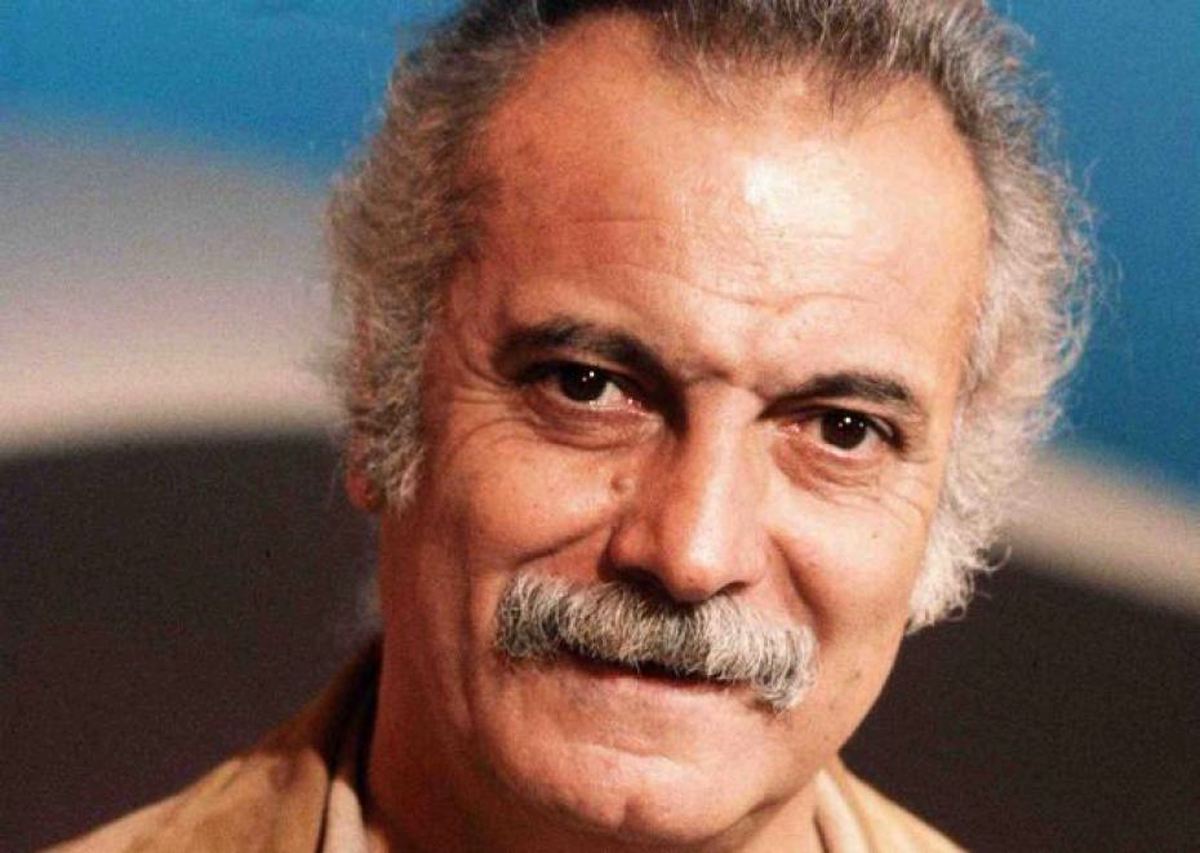
Brassens met a popular French singer - Patachou. She agreed to sing, but some of Brassens' lyrics were not quite clear to her and she insisted that Georges perform them himself. She helped him to feel confident on stage and soon Brassens was already and I've been doing a lot of gigs myself with his lyrics.
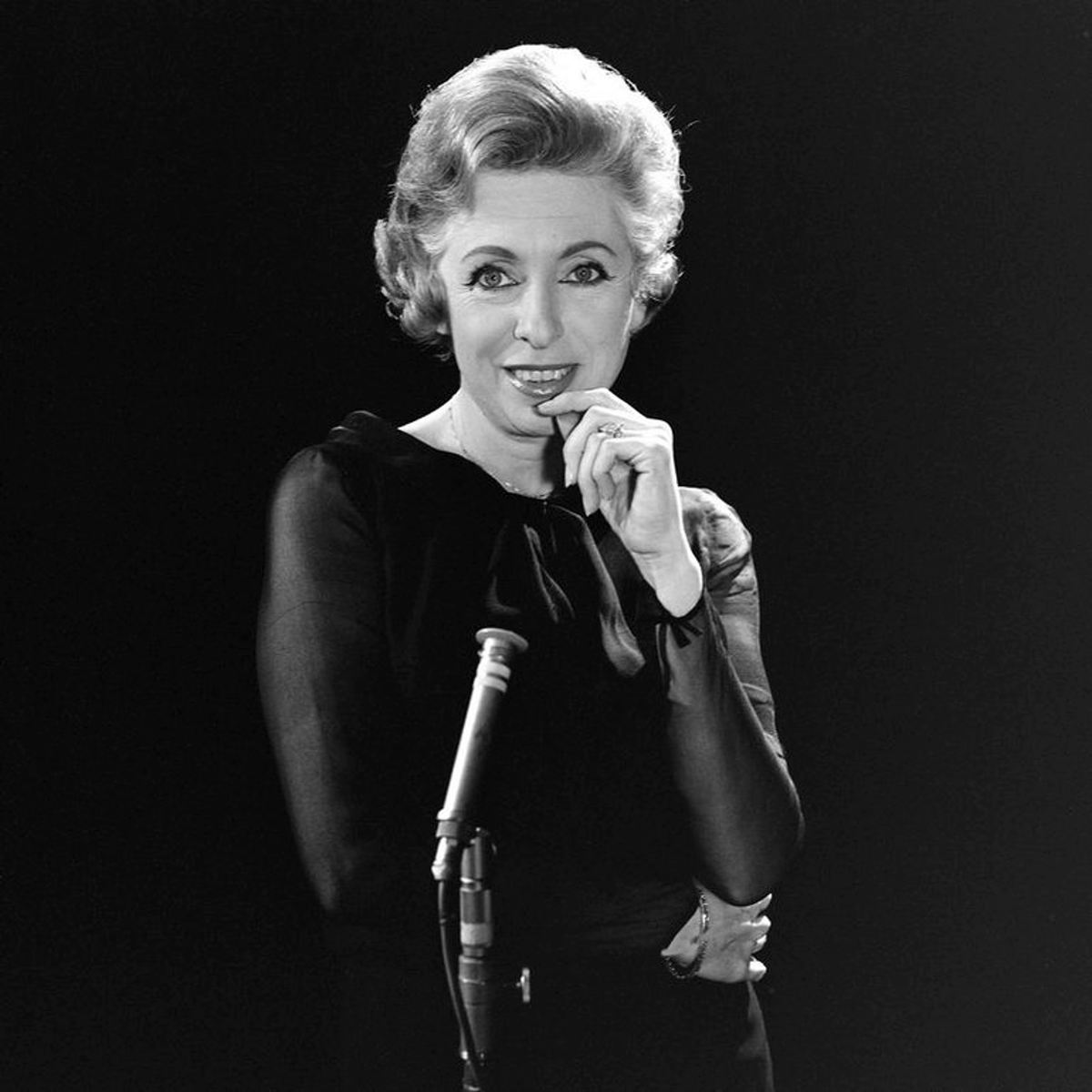
In 1952. Brassens stood on stage for the first time in the cabaret of the singer Patachou. All his misgivings disappeared after his first performance and he became a welcome guest in this and other clubs. For a long time he performed on the stages of clubs, and a year later, в 1953Brassens began releasing his plates. By then his name was already a household name in France - few could match Brassens for the depth of his lyrics. His singing and playing may have been flawed, but his work on the songs was respected.
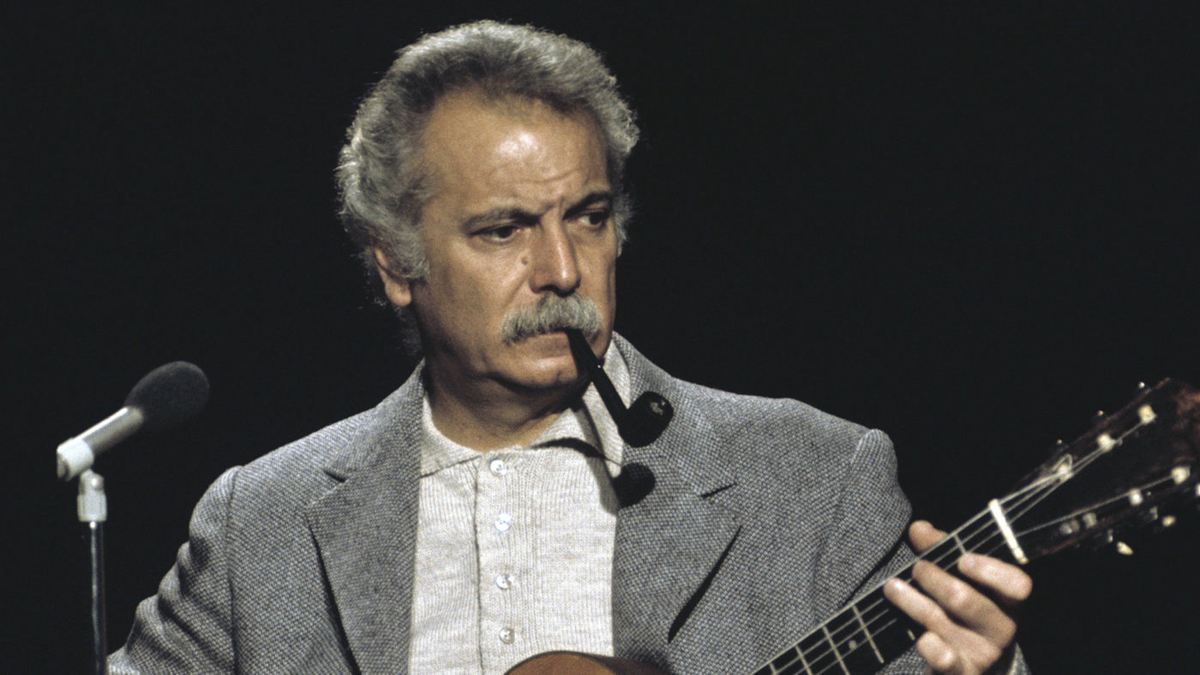
At concerts and studio recordings, the songs were performed with an ascetic accompaniment: Brassens himself played the guitar, and he came up with simple but catchy melodies. If you listen, you can hear that almost all of his compositions have a double bass. It was played by his companion - Pierre Nicola. Sometimes you can hear solo guitar playing. For this purpose, Brassens called in a virtuoso musician for the recordings - Joël Favraux.
Popular songs by Georges Brassens
In all, Georges wrote about 200 songsall of them are relatively successful: they are known, loved and listened to to this day. But there are a few that have become the singer's calling card.
Les copains d´abord
One of those songs was Les copains d´abord (Friendship is our compass):
A simple and unobtrusive song about friendship. The pleasant melody and Georges' velvety voice lift the mood, and the lyrics make you think about what is really important:
"Though our ship is not a pretty ship.
Both crew and captain
From different places, tribes and countries -
They don't recognise the difference between the races,
Friendship is our compass!"
Chanson pour l'auvergnat
Another very popular song by Georges Brassens was the song Chanson pour l'auvergnat (Song for the Auvergne). Here the singer paid his respects to a simple citizen of Auvergne, who helped the hero and warmed him when everyone had turned their backs on him:
La mauvaise réputation
La mauvaise réputation (Bad Reputation):
Brassens first performed in 1951. The singer sang about how people hate everything that doesn't happen the way they do. They only like what they understand:
"I don't hurt anyone,
Going my own way.
But honest people don't like it,
When following a different path than they...."
Le pornographe
Le pornographe (the translation of the title is superfluous) contained a very interesting text, like the rest of Brassens' compositions. Here the musician mocks the scantiness of the language of those people who speak rudely. The song was very topical and is still relevant today:
How Georges Brassens was translated into Russian
More than half of Brassens' songs have been translated into Russian. The translations were done А. Rubinin, Б. Ryssev, А. Avanesov, А. Kushnir, Б. Khlebnikov and other famous translators. Here's what the translation of "Bad Reputation" sounds like. The first verse and chorus are sung in the original, the rest is in Russian:
It was very talented, as if Brassens himself had sung in our language. What do you think of the French bard's work? Share your opinion in the comments!



